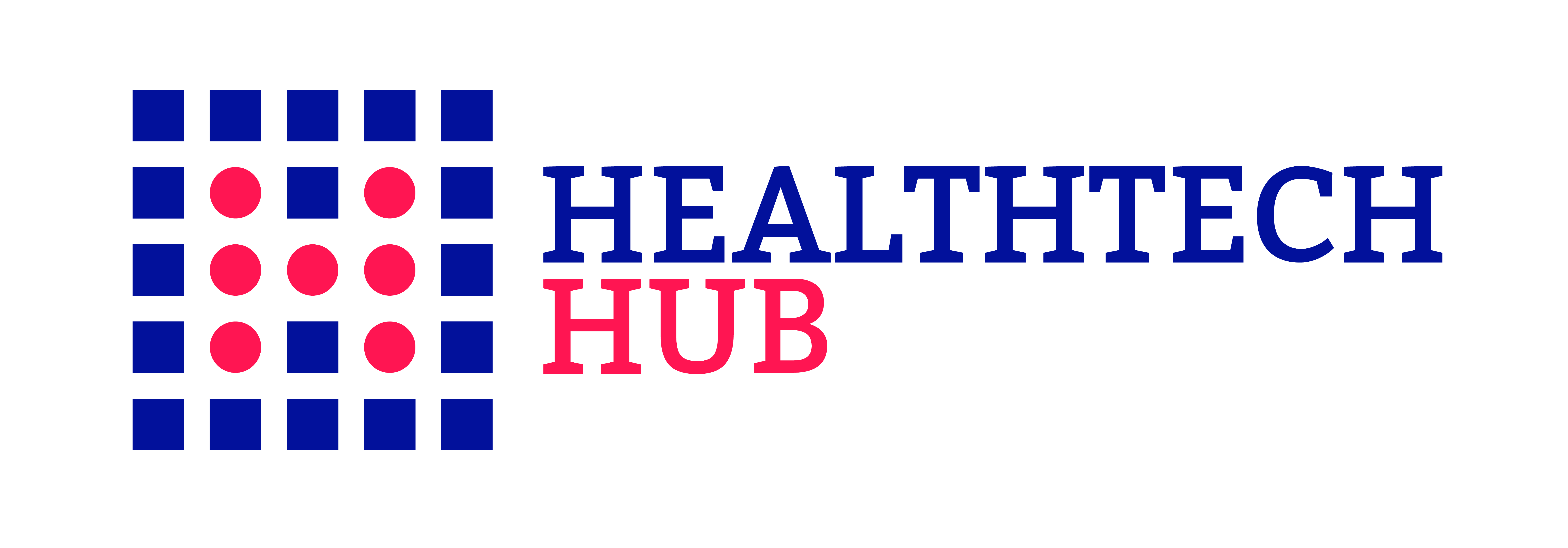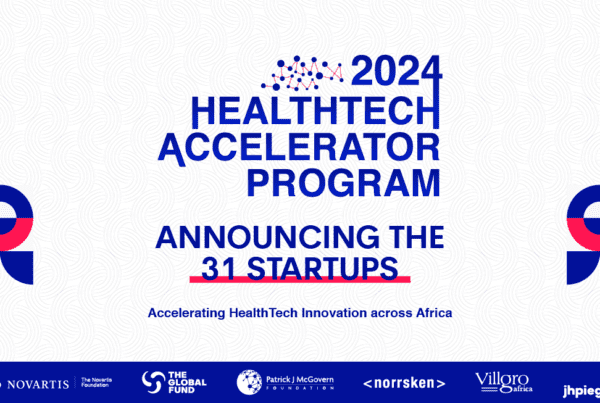
Source- Freepik
With its diverse population and unique healthcare challenges, Africa presents promising health technology (HealthTech) investment opportunities. The intersection of technology and healthcare can transform healthcare service delivery, improve health outcomes, and address the gaps in healthcare access across the continent. In this article, we will explore some of the key HealthTech investment opportunities in Africa, highlighting trends and potential areas for investment.
Critical Trends in HealthTech in Africa:
- Increasing Adoption of Mobile Health (mHealth) Solutions: With over 1 billion mobile phone subscriptions in Africa, mHealth solutions are gaining traction to deliver healthcare services to remote and underserved populations. These solutions include mobile apps, SMS-based health information, and telemedicine platforms that enable virtual consultations with healthcare providers. mHealth has the potential to bridge the gap in healthcare access, particularly in rural and remote areas, and provide health information, education, and telehealth services.
- Artificial Intelligence (AI) and Data Analytics for Healthcare: AI and data analytics are being leveraged to optimize healthcare delivery in Africa. These technologies can help in early disease detection, patient risk stratification, personalized treatment plans, and health system management. AI-driven tools like machine learning algorithms and predictive analytics can assist healthcare providers in making informed decisions, improving patient outcomes, and reducing costs. Data analytics can also help identify health trends, disease patterns, and resource allocation, which can be crucial for effective healthcare planning and policymaking.
- Innovative Medical Devices: There is a growing demand for innovative medical devices that are affordable, portable, and suitable for low-resource settings in Africa. These devices can help diagnose, monitor, and manage diseases and improve healthcare outcomes. Such devices include portable point-of-care diagnostics, low-cost medical imaging solutions, wearable health trackers, and telemonitoring devices. Investment in innovative medical devices can contribute to bridging the gap in healthcare access, improving healthcare delivery, and addressing the unique healthcare challenges in Africa.
- Digital Health Platforms: Digital health platforms are emerging as a critical enabler of healthcare delivery in Africa. These platforms encompass various solutions, such as electronic health records (EHRs), telemedicine platforms, health information exchanges (HIEs), and health management systems. Digital health platforms can streamline healthcare processes, improve patient care coordination, and enhance communication among healthcare providers. They can also facilitate remote consultations, telehealth services, and data-driven decision-making, which can be especially valuable in underserved areas with limited healthcare infrastructure.
Potential Areas for HealthTech Investment in Africa:
- Maternal & Child Health: Maternal & child health is a significant priority in Africa, with high maternal and child mortality rates in many countries. HealthTech solutions that focus on improving antenatal care, postnatal care, childbirth, and child health outcomes can have a profound impact on reducing maternal and child mortality. This can include mHealth solutions for maternal health education, remote monitoring of pregnancy, telehealth consultations for prenatal care, and neonatal care devices for early diagnosis and treatment of newborns.
- Chronic Disease Management: Chronic diseases like diabetes, hypertension, and cardiovascular diseases are rising in Africa, posing a significant health and economic burden. HealthTech solutions focusing on chronic disease management, including remote monitoring, telehealth consultations, and personalized treatment plans, can contribute to better disease control, preventing complications, and improving the quality of life for patients. This can include AI-driven tools for disease risk assessment, digital health platforms for remote patient monitoring, and telemedicine solutions for chronic disease management.
- Telemedicine and Telehealth: Telemedicine and telehealth solutions have gained momentum in Africa, especially in remote and underserved areas where access to healthcare is limited. These solutions leverage technology to enable remote consultations, diagnoses, and treatment plans, bridging the gap in healthcare access and improving healthcare delivery. Telemedicine and telehealth solutions can include virtual health consultations, telemonitoring of patients with chronic conditions, remote radiology and telepathology services, and telepsychiatry for mental health care.
- Health Information Systems: Developing robust health information systems is crucial for effective healthcare management in Africa. HealthTech solutions focusing on electronic health records (EHRs), health information exchanges (HIEs), and health data analytics can improve healthcare coordination, patient management, and health outcomes. These solutions can help healthcare providers to track patient health better, manage chronic conditions, and make data-driven decisions for resource allocation and health policy planning.
- Healthcare Supply Chain Management: Efficient supply chain management is critical for ensuring access to quality healthcare in Africa. HealthTech solutions that optimize the healthcare supply chain can improve the availability, affordability, and accessibility of healthcare products and services. This can include digital inventory management systems, supply chain analytics for demand forecasting, and e-commerce platforms for pharmaceuticals and medical supplies.
- Health Insurance and Payment Solutions: Health insurance coverage and payment systems are essential for ensuring financial protection and affordability of healthcare services in Africa. HealthTech solutions focusing on health insurance and payment solutions, such as mobile-based health insurance platforms, digital payment gateways for healthcare transactions, and innovative micro-insurance models, can help expand health insurance coverage and facilitate affordable access to healthcare services for underserved populations.
- Health Education and Awareness: Health education and awareness are critical in improving health outcomes and preventing diseases. HealthTech solutions focusing on health education and awareness, such as mHealth apps for health information, digital health campaigns, and health literacy tools, can empower patients, promote preventive care, and improve health-seeking behaviours.
Conclusion:
HealthTech investment opportunities in Africa are on the rise, driven by the increasing adoption of mobile technology, innovative solutions to address healthcare challenges and the growing demand for affordable and accessible healthcare services. Critical trends in HealthTech in Africa include adopting mHealth solutions, AI and data analytics for healthcare, innovative medical devices, and digital health platforms. Potential areas for HealthTech investment in Africa include maternal and child health, chronic disease management, telemedicine and telehealth, health information systems, healthcare supply chain management, health insurance and payment solutions, and health education and awareness.
As Africa continues to face healthcare challenges, HealthTech has the potential to revolutionize healthcare delivery, improve health outcomes, and contribute to the continent’s overall development. Strategic investments in HealthTech can generate financial returns and create a positive social impact by improving healthcare access, quality, and affordability for millions in Africa. With the right partnerships, policies, and investments, HealthTech can unlock new opportunities for healthcare innovation and contribute to building a healthier and more prosperous Africa.





